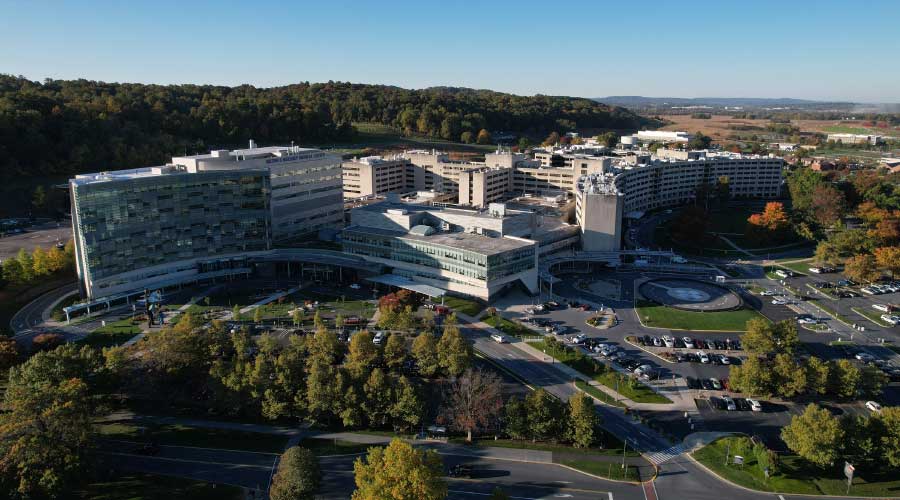Efficient Operation Big Part of New Energy Standards
Clearly, controls are becoming a more important part of ensuring a building has some ability to be energy efficient. And today's control systems can offer a multitude of options and ways to save energy. But there's still one potential problem, no matter how sophisticated control systems become: an employee who complains because his or her workspace is cold and an operator who changes a setting because of it.
"The downside has been and continues to be that designers can design very sophisticated systems and very sophisticated controls, but operators come and go over the life of the building," says Stanke.
The importance of operations is not limited to controls. Building products — from lighting to HVAC to controls — are far more energy efficient than products from 20 or 30 years ago. Yet buildings use more energy than they did in the past. Part of the reason is that plug loads are way up. But that's far from the whole story. Older buildings are often more efficient than newer ones, even though they incorporate less efficient building products.
"This is what we see as the real opportunity and value proposition of the new codes for building operators and managers," says Edelson. "As buildings become more complicated, it really becomes more important for the more complicated energy measures to be commissioned and maintained and operated to realize the energy savings they were meant to deliver."
The new green codes recognize the importance of operations. Standard 189.1 includes requirements for operation plans that cover commissioning, acceptance testing, measuring, verifying and reporting energy use, water use and indoor air quality.
Opportunities and Challenges
Regardless of which part of the building you're looking at, there are numerous opportunities to save energy, even if they're just old ideas that haven't been widely adopted.
"Many of the strategies that are being used have been around for many, many years, even before the term ‘green building' was around," says Bilka. "The reality is that there are certain practices that could have been implemented in buildings, some passive processes, for example, in regards to energy, that have not been implemented."
Implementing those processes and innovating new ones will help lead to the same goal, Edelson says: better buildings.
"There's no reason it has to cost more," he says. "These codes will help increase the value of buildings. They will help make better buildings."
The first step in doing so, Owens says, is realizing that it's a team effort.
"It's encouraging integrated process," he says. "We're not going to make the landscape architect sit around while people talk about interior plumbing risers. But the civil engineer certainly would be interested in conversations about building orientation."
And from construction to operations, the codes are designed to offer opportunities for owners and facility managers to see real savings in everything from energy use to water use. That means saving money.
Money is, of course, more complicated than just the upfront cost. A more efficient system can eventually pay for itself by resulting in lower energy costs, but the question is just how "eventually" is acceptable.
"One way to think about it, in terms of energy, is what payback periods are owners willing to tolerate?" says Stanke. "What's the maximum payback time they're willing to live with?"
With the economy still struggling, acceptable payback periods may be relatively short now. But as energy costs rise, says Stanke, the willingness to take on a longer payback period will most likely follow. That will allow for more flexibility in how buildings are designed and operated.
Related Topics:












